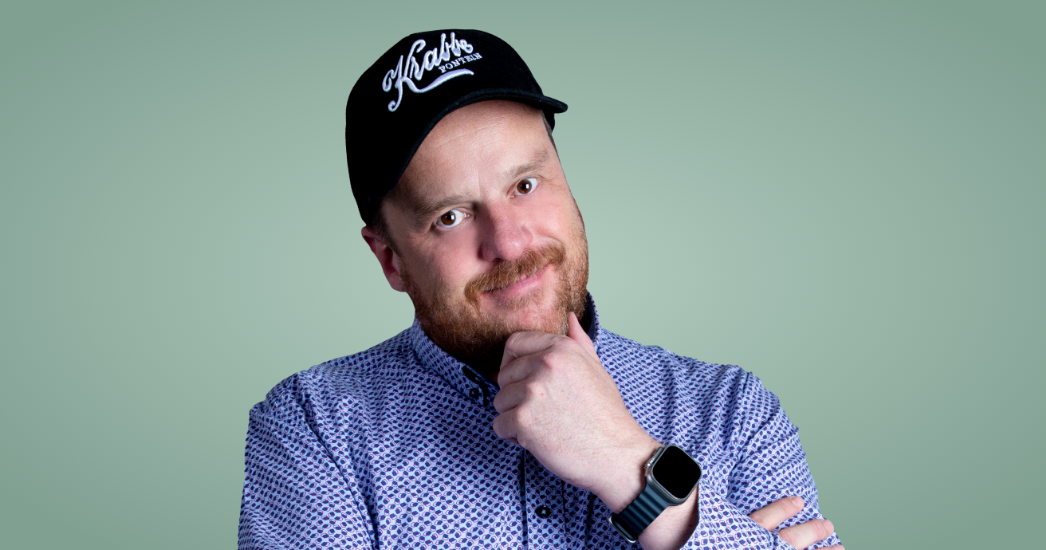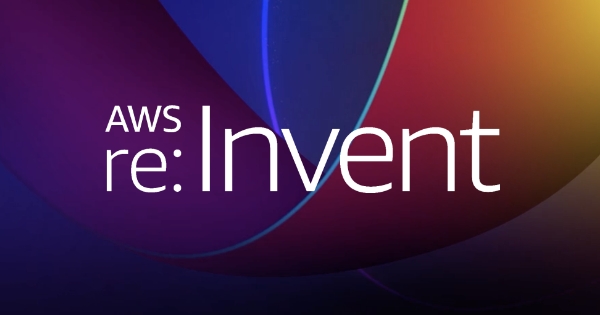Brian Solis in Emakina Webinar: in these dark times, be the light
The Covid-19 crisis unhinged society and the economy on a global scale. In his award-winning book ‘Lifescale’, Brian Solis invites us to join him on a journey of self-discovery and growth. Now more than ever, his message is important.
So, Emakina invited the 8-time bestselling author to share his thoughts on how to find back our balance and master our destinies. On 23 June, digital anthropologist Brian Solis shared his ideas with us on moving forward in these extraordinary times.
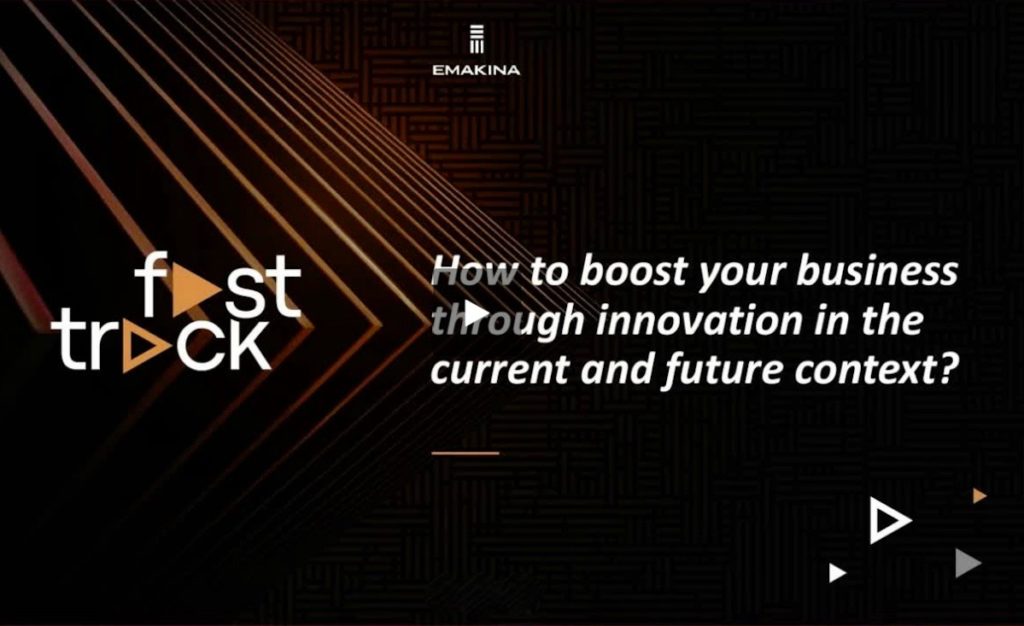
Digital addiction by persuasive design
Brian Solis became aware that digital distractions prevented him from thinking deeply and tap into the years of creativity he had gathered. His mind and body constantly raced the pervasive sensation of anxiety and worry. His research showed how problematic our relationship is with personal technology: the way we use our smartphones, social media, apps and games indirectly causes addictive behaviors.
We traded expression and imagination for scrolls, swipes and likes. We were intoxicating by the blurring of life between physical and digital.
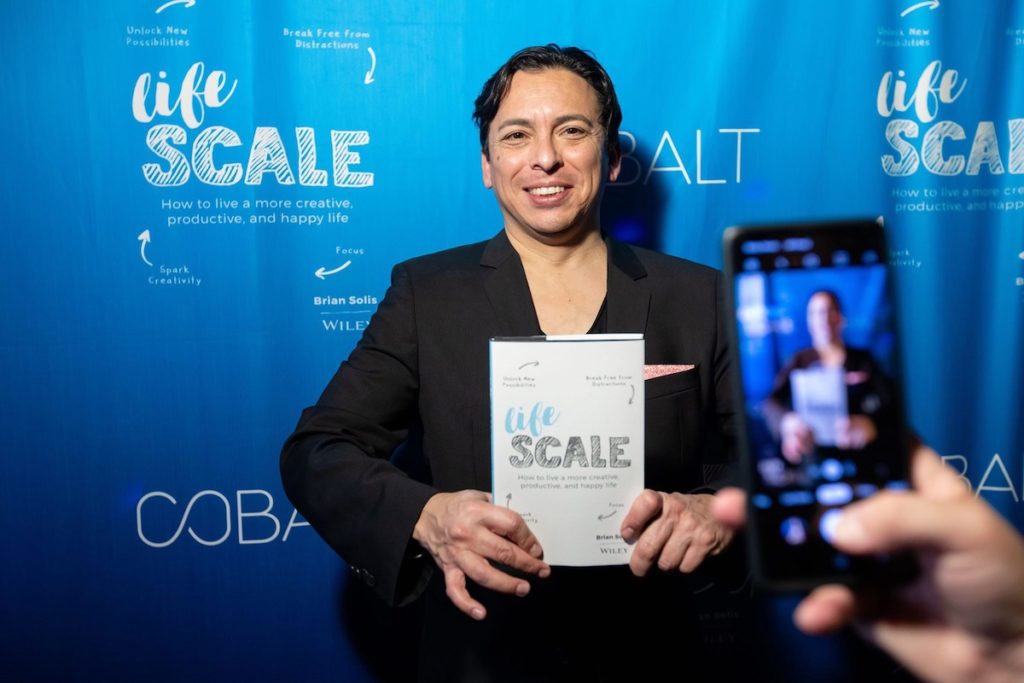
Even if they don’t intend to, design experts working for social media feed our addiction. They use persuasive design to change our behavior when we use the service. Like slot machines making you want to pull the handle or push a button, social media drive you to engage more and in new ways with the messages in your stream.
Behaviors we embrace today, didn’t even exist a few months or years ago. TikTok for example makes you constantly scroll through your feeds, to see new challenges and participate in them. The user is the product, and companies monetize your attention.
Want to see what Brian Solis said?
Check in and discover, via this link.
The mobile first society
The Covid-crisis accelerated our use of personal technology as a means of survival. E-commerce on mobile devices spiked, for both essential items and shopping in general. Mobile rapidly pushed laptops and physical aside, as the tool to stay alive basically, and to stay connected and escape in entertainment like Netflix, social media and games.
We’re always going to enjoy our smartphone, because we have to. So we must rewire how we use it and give it intention and structure.
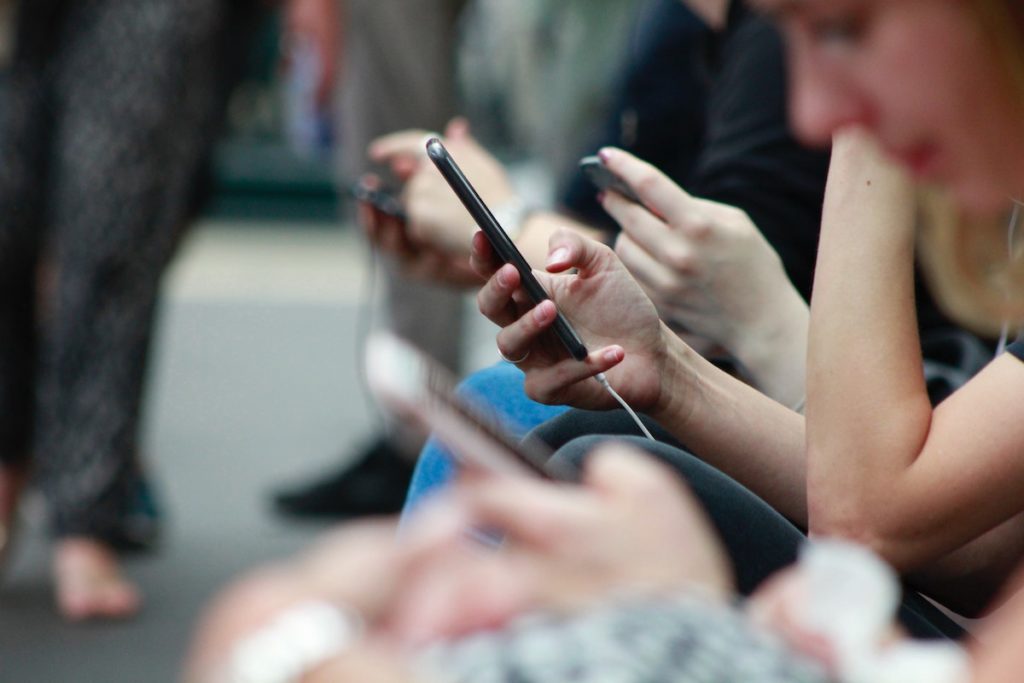
Using mobile devices forces our brain to divide into multiple simultaneous work areas, multi-tasking and task-switching. Our mind and body speed up to keep up. This takes an incredible amount of brain fuel. Six types of chemicals in your body give you signals to keep going, feel in balance and as happy as possible.
But that is not working very well, so we always feel like we can’t keep up and are too busy. We are more focused on speed and task delivery, less on depth and quality.
It’s time for a new mindset
Business leaders need to realize these are incredible times with much stress and anxiety in the minds and bodies of employees. Our new relationship with digital and what it’s doing to us is now combined with the stress of Covid-19. People are worried about their health and the wellbeing of their loved ones. They’re worried about their jobs and more.
These incredible times lead to burnout, depression and a less creative society. In a with-Covid world, every company needs to be a digital health company.
It’s a good start to simply check in with your people. But you need to do more. Support the well being of colleagues and create a new mindset. It’s time to re-humanize ideas like ‘employee engagement’ and ‘employee experience’, instead of relegating them to the world of HR, training, and employee communications. Companies should have a dedicated resource checking in on people, creating new programs and managing the tools to manage our interactions.
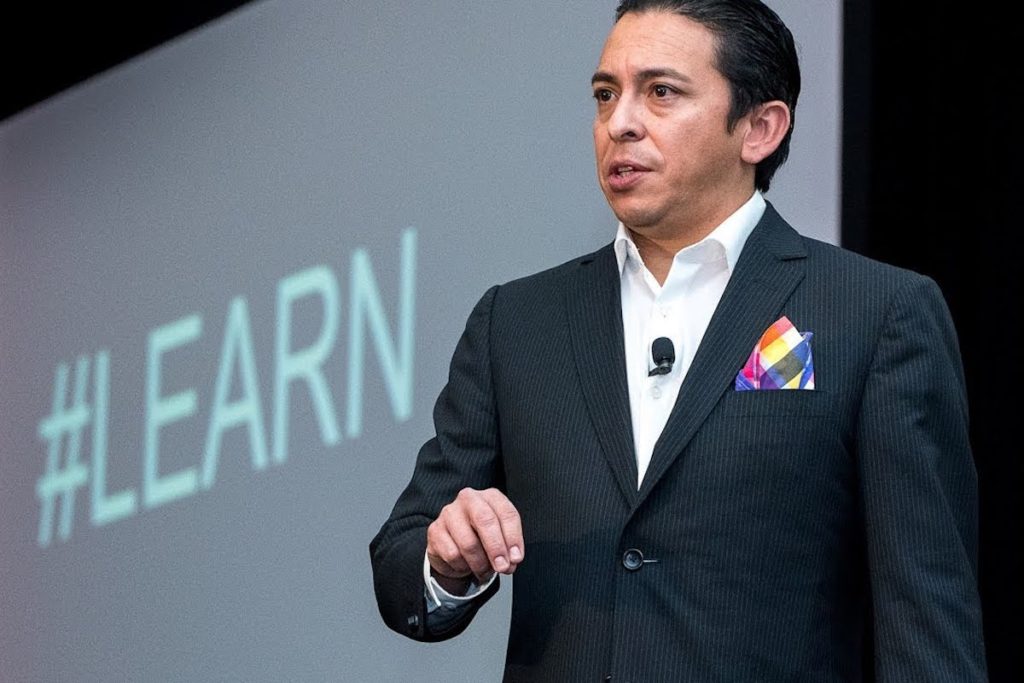
Opportunity cost
For managers trying to stabilize their business, this may seem a luxury, another cost center while they try to ensure continuity. We need to look at the opportunity cost. People are hurting, while most of them don’t even realize they’re distracted. The average employee gets 200 notifications a day, from text messages and email alerts to social media updates. Every time they pull you away to engage, you lose your momentum and need time to get back into focus.
We’re losing productivity and quality.
People could work less, be more creative, engaged, happy and healthy. This takes a mindful program.
Another pitfall is low morale. If unchecked, people develop physical and mental health issues. Research shows digital distractions cause short- and long-term memory loss. We actually lose IQ-points. And the constant anxiety can lead to depression. This is a health crisis in the making!
The Novel Economy
In this Covid-world, we cannot paint a picture of the ‘new normal’ because we do not know what the future will look like. Brian Solis coined the term ‘Novel Economy’, to stress the new and unusual nature of the situation.
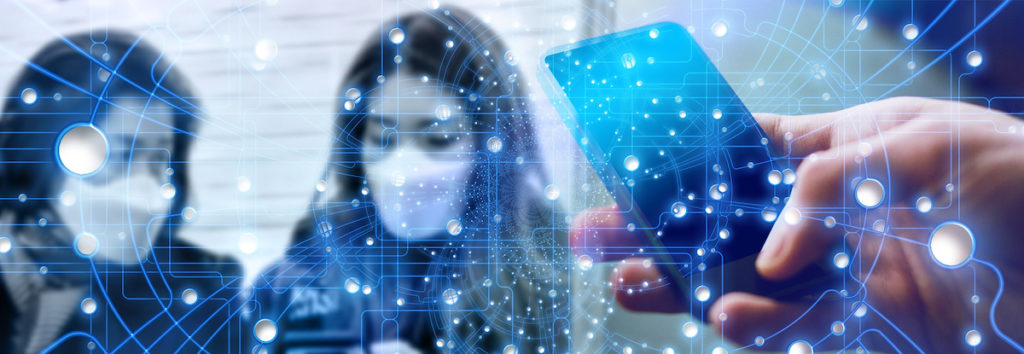
Like the ‘Novel Coronavirus’ has no established vaccine, there is no cure available for the crisis in business and society. During the last pandemic most businesses even did not exist, so there’s no real playbook for it.
The novel economy offers a rare and hopefully once in a lifetime opportunity to identify problems of the old normal and rebuild as a digital-first business… More resilient, relevant and in harmony with the times.
To help business and technology leaders, Brian Solis splits up the next 36 months in 3 phases: ‘Survive’, ‘Alive’ and ‘Thrive’. For each period, he analyses how organizations will have to navigate through uncharted waters. On this journey, we need to realize the world has changed and that we will continue to live with this threat for the foreseeable future.
Brian Solis further developed his Novel Economy idea in the webinar. Check in and discover it here, via this link.
‘In a world that seems so dark, be the light’
Brian Solis calls himself ‘a hopeless optimist’. He is convinced this is a moment in our lives where everything can and should be re-imagined. Disruption can encourage more greed and corruption, yet that is exactly what people are fed up with it. The old normal was part of the problem, with systematic oppression and racism approved by politicians, businesses, and billionaires. The Novel Economy offers the opportunity to focus on doing good.
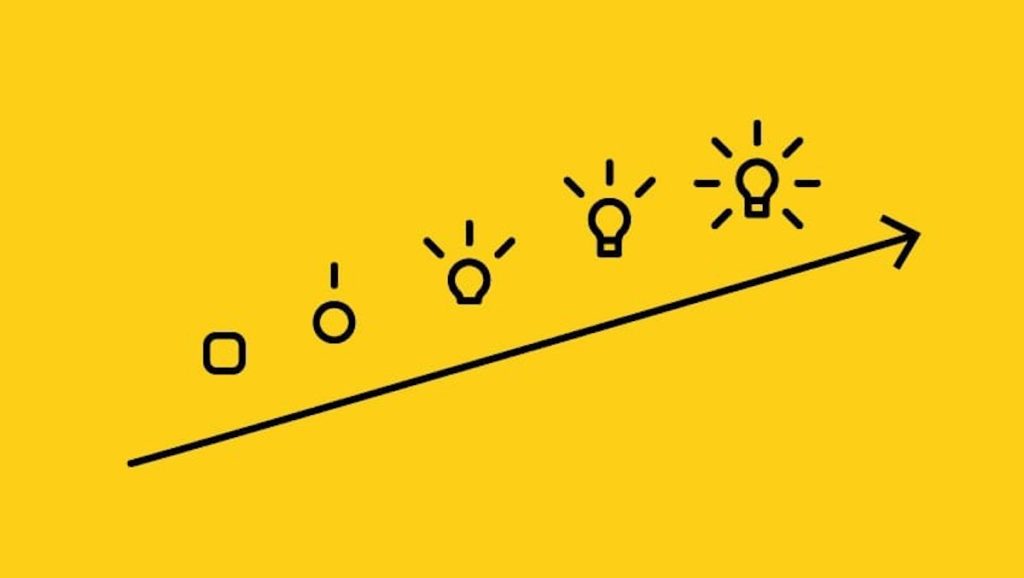
The consumer has changed, and people are fed up with the way things were. The Novel Economy asks who’s responsible and demands a vision focusing on humanity.
This is a fight for the vision of the future. Salesforce’s Marc Benioff calls it stakeholder capitalism. As one of 200 US CEOs involved in ‘The Business Roundtable’, he committed to prioritize sustainability and humanity over profits.
In the last years we saw the rise of a conscious consumer, demanding healthier and more realistic choices. They reassessed their relationship with brands, adopting a ‘less is more’ philosophy. The global pandemic and the uprising for human rights further inspire them to demand more empathy and more humanity. Not just more stuff.
So what was the webinar about, Brian Solis?
‘Our time together was used to focus on how to be the light.’
if you’ve read this far, you definitely should check in, to see the full webinar, via this link.


